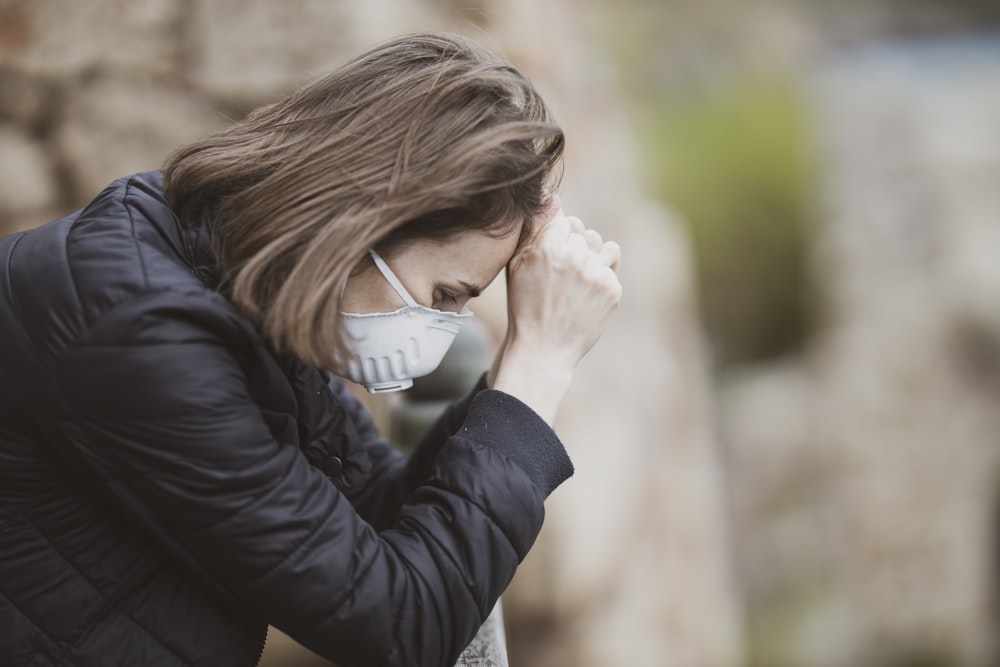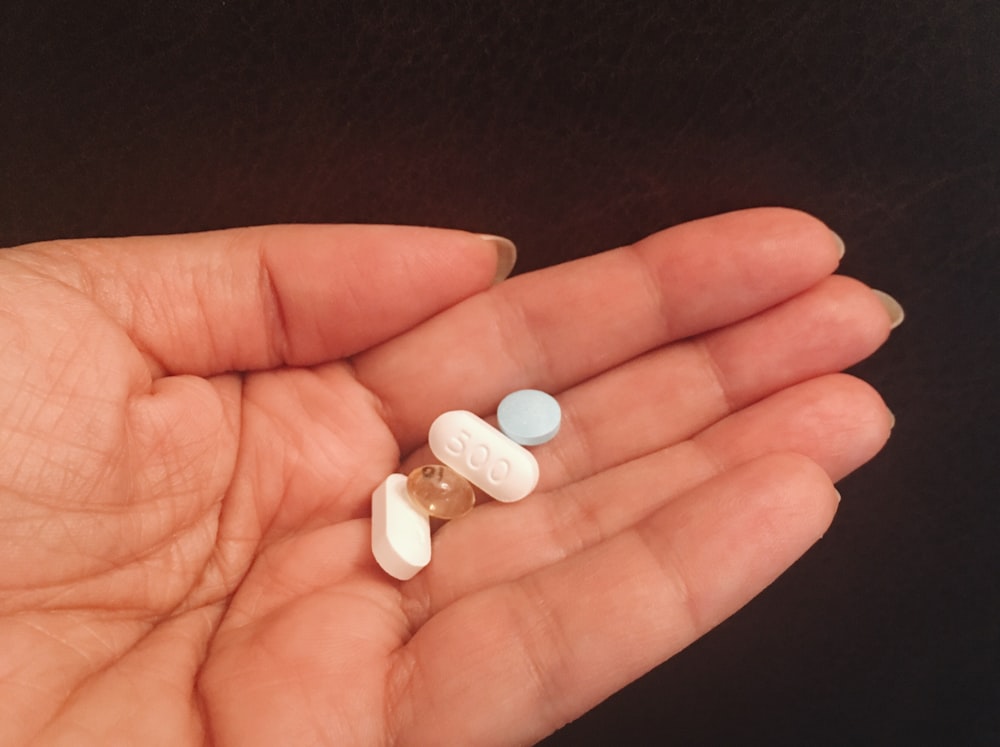
When you think about a body odour, also known as bromhidrosis or BO, you will probably think of a sour stench or unpleasant smell. Many people who have unpleasant body odours are very self-conscious of this, even though there are many ways to mask it. You can use a high-quality deodorant, body lotions, and maintain good personal hygiene, but you may wonder if there are other treatments for your BO.
Everyone has a unique body odour. Some people naturally have a body odour that is neutral in smell or a nice smell. For others, it can be a stronger or stinkier smell.
Did you know that your body odour can be affected by your genes, diet, gender, health, and medication?
What Exactly is Body Odour?
Body odour is a scent that our bodies give off when our sweat is broken down into acids by the bacteria on our skin.
Body odour is most common in the following areas of your body:
- Armpits
- Belly button
- Behind your ears
- Groin area
- Pubic hair
- Genitals
- Anus
- Feet
Why Does Body Odour Smell So Bad Sometimes?
Some people say that BO is actually the smell of the bacteria in our bodies. While it is correct that bacteria causes a bad smell, it is actually bacteria breaking down our sweat that causes nasty smelling acids.
It’s often poor hygiene (not showering often enough, not showering properly, etc) that causes poor body odour, but it can also be genetic.
Although sweat on its own is usually odourless, the creation of acids from the mixture of bacteria and sweat can cause an unpleasant smell.
Your body odour can also change when you go through puberty, sweat excessively, or have poor personal hygiene. Sudden changes can also be caused by your environment, medication, and diet.
If you do notice extremely sudden or constant changes to your body odour, you should consult your doctor as it could be a sign of an underlying health condition.
It could be that if you stop eating certain foods, your body odour will improve. Sometimes you just need to experiment with this through trial-and-error.
What Causes Body Odour?
As aforementioned, your environment, diet, medication, hormone levels, and health can affect your body odour.
Here is an explanation of the biggest BO culprits.
Diet

Certain foods are known to have a strong scent or make you gassy. When consuming such foods, you may notice a sudden but temporary change in your body odour, urine, or gas.
However, the stench will usually be gone the next day, unless you eat said foods regularly.
Examples of foods that can worsen your body odour include broccoli, cauliflower, cabbage, bok choy, and asparagus.
Menstrual Cycle
Research shows that women with high fertility tend to produce a scent that is perceived to be more attractive.
Besides the fertility window, hormone fluctuations during menstruation, menopause, and pregnancy can also change your body odour or vaginal odour.
Vaginal Infections
On the topic of private parts, vaginal infections such as vaginal parasite infection or bacterial vaginosis can cause a change in vaginal odour.
Vaginal yeast infections are a more common infection, but they usually do not cause vaginal odour.
Stress

Being stressed affects your body in a multitude of ways – your sleep cycle, your hormones, and yes, your body odour.
When you are stressed or anxious, you may sweat more, which leads to stronger body odour.
Skin Infections
If you develop a skin infection, you may notice a sudden smell in the infected area.
Skin infections that can cause a change in body odour to include:
- Trichomycosis Axillaris: superficial bacterial infection of underarm hair
- Erythrasma: chronic or long-term bacterial infection usually found in the folds of skin, commonly seen in warm and humid climates
- Intertrigo: inflammation caused by skin-on-skin friction, most commonly found in moist areas such as the going, between skin folds, under the breasts, armpits, or between toes
Athlete’s Foot
We know that feet can smell bad, and feet are definitely an area of the body that emits a poor body odour. Athlete’s foot can smell especially bad, and it’s more common than you think to get athlete’s foot.
If you notice a sudden bad smell and itch on your foot, it may be due to the common fungal infection, athlete’s foot. Another symptom is cracking skin or skin changes on the foot.
The fungus thrives off warmth and moisture, which is the environment dirty socks and shoes create. Speak to your doctor about treatment for this such as tinactin cream.
Cancer
The disease itself is not scented, but there are reports that show advanced cancer patients with unpleasant BO due to infected wounds that are cancer-related.
Vitamins or Supplements

Insufficent vitamins and minerals, be it due to lack of consumption or malabsorption, can cause bad BO or a change in your urine or stool.
An example of this is scurvy (vitamin C deficiency), which causes a decaying odour.
Lung Health
Both pneumonia (lung infection) and tuberculosis (lung, throat, and neck infection) can cause a change in the odour of your breath, saliva, and mucus.
Toxin Poisoning
Your body odour can be affected by ingesting certain toxins. For example, consuming cyanide can make your breath smell like bitter almond, arsenic can cause a garlic-like odour, and turpentine can make your urine smell like violets.
Intestinal Health
Uremia, kidney failure, can make your breath smell like ammonia or urine, while intestinal obstructions can make your breath smell like faeces.
Other Body Infections
Other infections such as belly button and ear infections can cause a change in your body odour as well. Bodily infections are typically due to poor hygiene.
Body Odour Treatment and Prevention Tips

We know it sounds as if just about anything can affect or cause body odour. Rest assured, there are many simple preventative actions you can do to keep smelly BO at bay, though. Below are some body odour treatment and prevention tips:
Shower Daily with Warm Water and High-Quality Soap
Showering regularly will help to remove sweat, bacteria, and build up on your skin to keep you clean and reduce the chances of bad BO. Shower long enough to wash your whole body, with high-quality soap.
If you live in a hot and humid climate, you might want to bathe more than once a day.
Use Antibacterial Soap and The Warmer the Water, the Better
On top of regular showers, showering with extra warm water in particular will help to kill bacteria that is on your skin. Not scalding hot, just warmer than lukewarm.
Using antibacterial soap will fight bacteria on your skin to make you feel (and smell!) clean and fresh.
Keep Yourself Dry During the Day
Most of us know that warm and moist conditions breed bacteria, which is why it is important to stay cool and dry throughout the day.
After showering, make sure you dry off well, especially in skin folds and sweaty areas. During the day, keep a towel on hand to wipe off excess sweat.
When your skin is dry, it is harder for bacteria to breed.
Choose the Right Deodorant
Not all deodorants are made equal – some may react well with your body and lifestyle while others may not.
It can be a long and tiresome process to find the best deodorant for you, but you can speed up the process by taking note of active ingredients that work or do not work on you.
If you cannot seem to find one that is suitable, you can try asking your pharmacist about stronger deodorants.
Shave Your Armpit and Pubic Hair
Body hair can trap sweat and create a breeding ground for bacteria. To help keep yourself clean and dry, you can trim, shave, or remove armpit and pubic hair.
Wear Clothing Made Out of Natural Fibres

Natural fibres such as cotton, silk, or wool feel more breathable on your skin, allowing your skin to breathe and aiding sweat absorption.
Change your clothes and socks often
After a long day or a sweaty workout, change your clothes quickly to prevent sweat and dirt from staying on your skin.
If you live in a country with tropical weather, you may need to change your clothes multiple times a day.
Consider surgical intervention if nothing else works
In serious cases, you might want to look into surgery. Endoscopic thoracic sympathectomy is a surgical procedure that destroys the sweat-controlling nerves on your armpits.
Although it decreases the sweat produced by your underarms, it can also damage other nerves and arteries in your underarm or increase sweat production in other areas of your body.
This should be considered only in the worst-case scenario as there are risks that accompany the surgery.
The Bottom Line on BO

Although body odour is normal and is affected by many factors, you should consult a health professional if:
- You notice a change in body odour along with signs of infection
- The new smell is related to toxin poisoning
- You have been diagnosed with cancer
- Your body odour is accompanied by discomfort, pain, bleeding, or other serious symptoms
- The odour does not go away after extended periods of time
- The odour coming from your body has an especially strong or strange smell.
Want to find out more about your body and your tendencies towards BO? You can take a CircleDNA test as the reports include your unique physical traits profile, valuable insights, and information about your results. You’ll learn whether based on your DNA, you’re likely to have a normal body odour or not. The Physical Traits Test includes body odour, earwax type, sweat tendency, facial and body hair tendencies, waist circumference, persistent thinness, and many more genetic physical traits.
You can find out more about CircleDNA’s test offerings here.







Comments are closed.